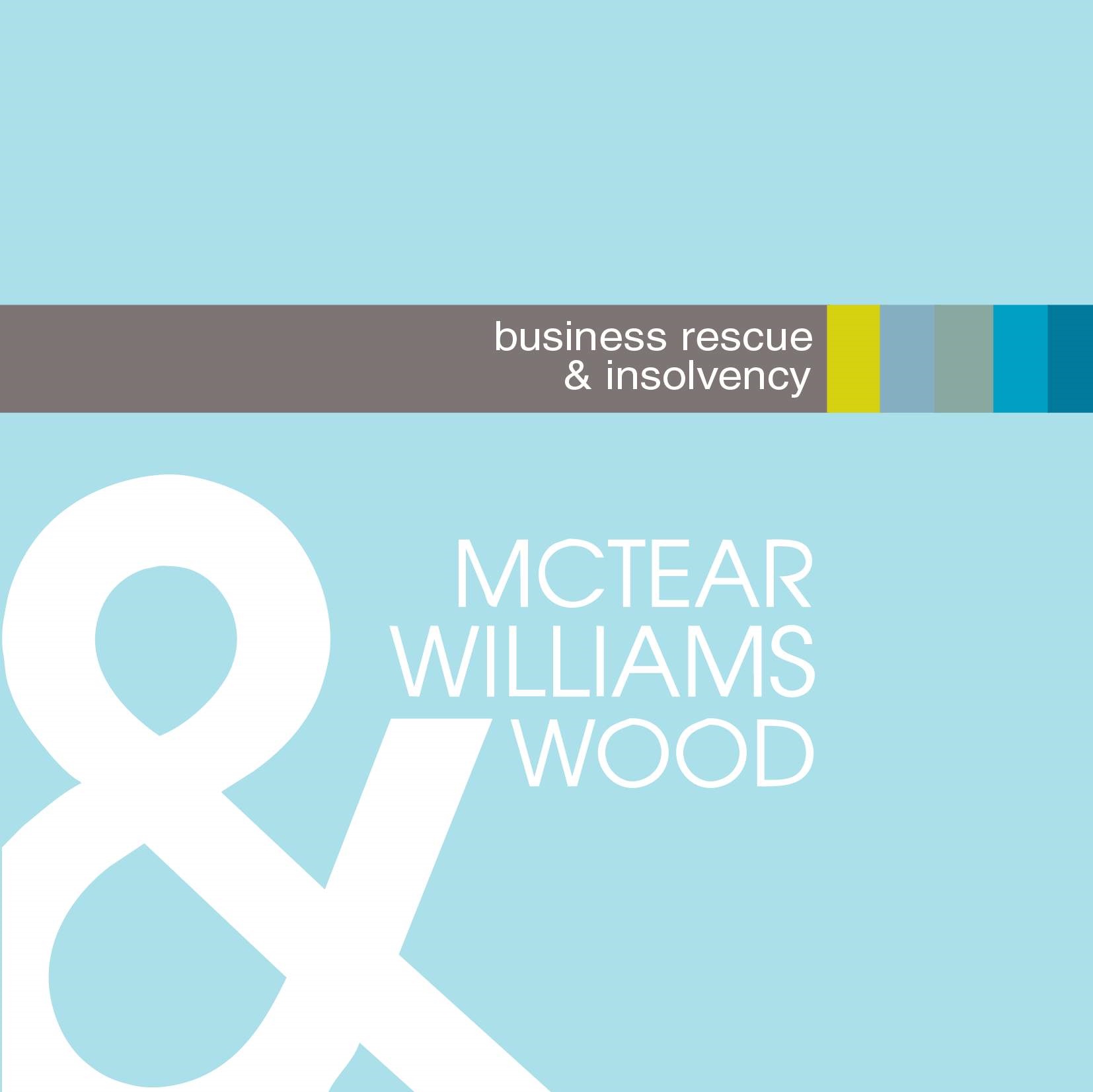Can a director be made personally responsible for a company's debts?
Usually no. But in certain rare situations sometimes. The basic rule of thumb is that as long as he/she has acted properly and has not given a personal guarantee (in writing) then a director cannot be made personally liable. Such rare situations include:
- Wrongful/fraudulent trading - this can arise when directors allow a company to continue to trade (and usually continue to incur credit) after the point where that person knew or ought to have concluded that there was no reasonable prospect that the company would avoid going into insolvent liquidation or where there is intent to defraud creditors
- Misfeasance - where directors have misapplied or retained the property of the company or breached any fiduciary or other duty
- Deliberate non payment of HM Revenue & Customs' debt where a director or managing officer has acted dishonestly or where there has been fraud or neglect
- Not strictly a company debt but directors/shareholders can be made liable to return unlawful dividends paid when there were insufficient distributable reserves - see our briefing sheet for more detail
In practical terms these situations only tend to arise when a company continues to trade after it is insolvent. That is when the balance sheet shows net liabilities or when the company can no longer pay its debts as they fall due.
So to be safe either don't allow the company to continue to trade after it is insolvent or seek advice. At the very least be aware that if your company is insolvent you should act to minimise the loss to creditors and minute key decisions to record that you are doing this.
More generally we work with underperforming family and SME businesses on a wide range of business rescue and insolvency related issues so we are well placed to think outside the box and help directors and business managers get through difficult times. For further information telephone 0800 331 7417.

